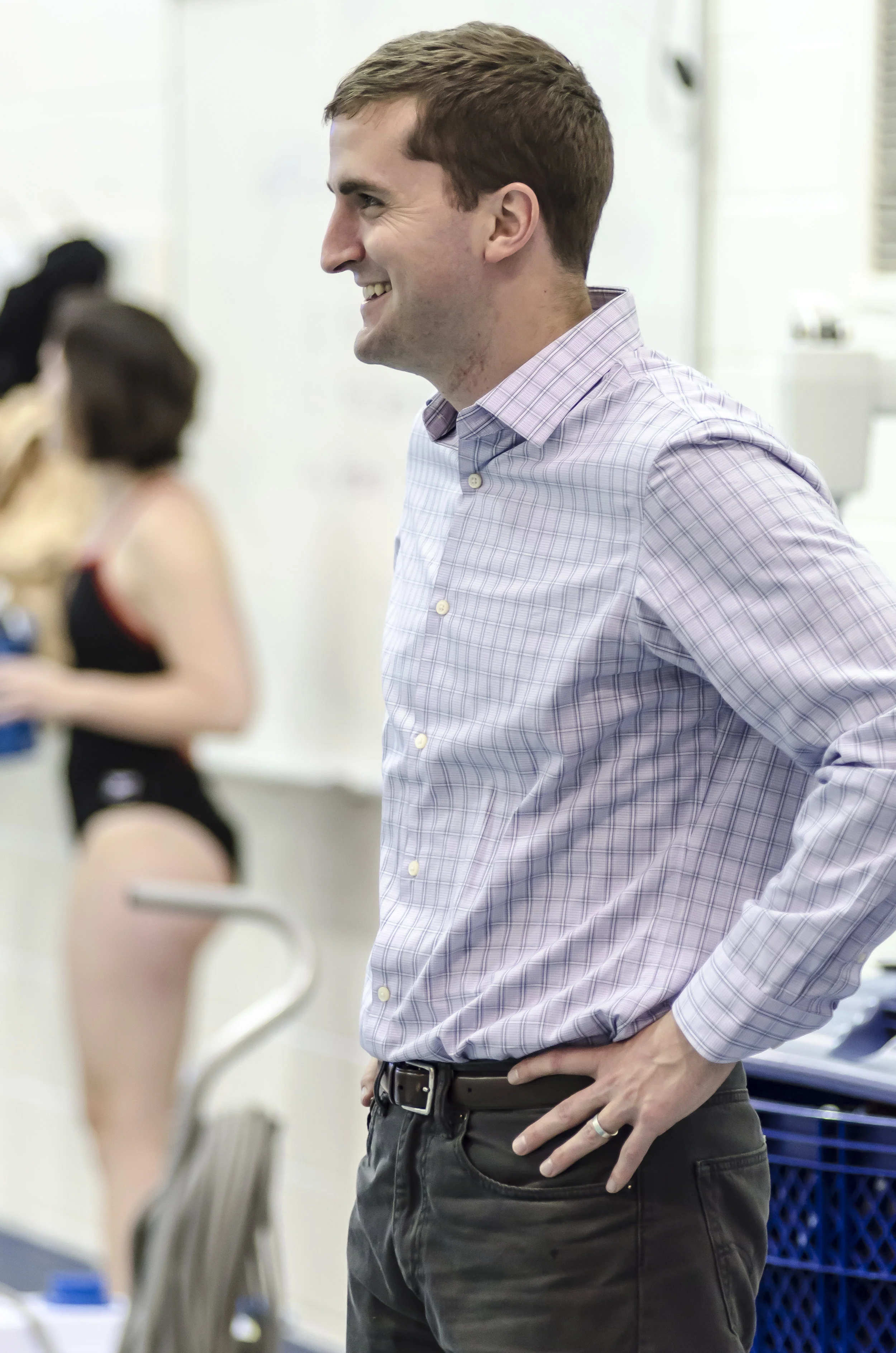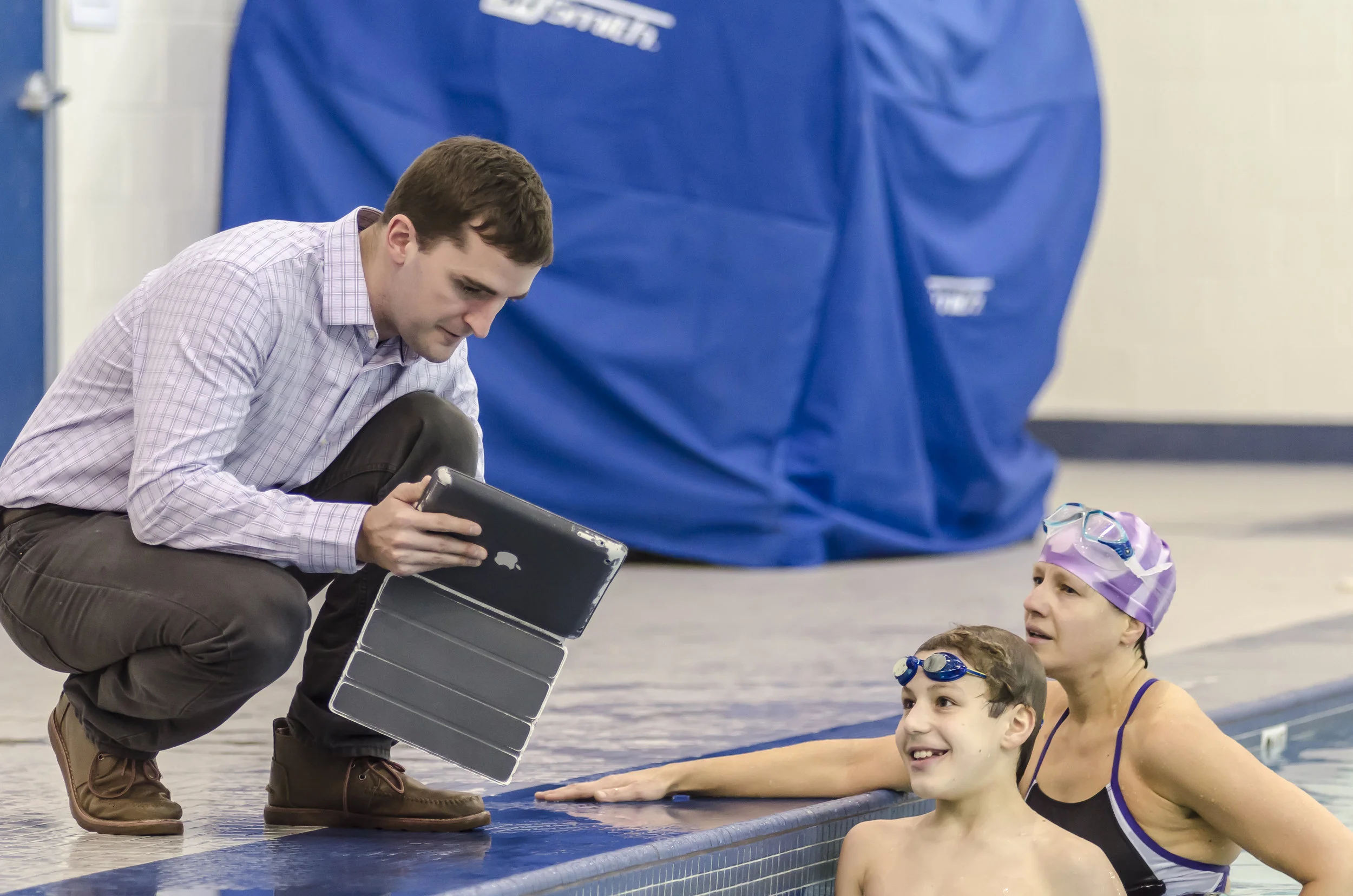Here's a question I see coaches asking all the time: "What is the right age for swimmers to start doubles?". Or "What level of swimmer should be doing doubles?". These are questions worth asking, for sure, but they miss the real question. Because the decision for swimmers to do "doubles", or train twice a day, has to do with a lot more factors than age or ability level.
Double practices are extremely popular at high levels of swimming, and in many cases seen as a bare necessity to be competitive at those levels. However, there are a minority of coaches who even at the highest levels eschew at least two swimming sessions a day. So how do you decide? Here are the biggest factors:
1. Are the swimmers making the best use of once daily practices? An easy indicator that you may have swimmers ready for doubles is that you feel as a coach that the swimmer or swimmers are practicing with good quality on the once daily training sessions.
There is no point at all in adding practice times if you don't have quality on single training sessions. Your job as a coach is to ensure quality in these once daily sessions first and foremost.
2. Are you training in a way that the swimmers can recover from a morning practice to an afternoon practice? The vast majority of coaches are training swimmers that attend school. Therefore you must consider that between a morning and an afternoon practice, there will be little time for passive recovery (like sleep). Can your swimmers bounce back and put in a quality training.
Training programs that need to put in regularly scheduled "recovery practices" are very inefficient. Why waste everybody's time like this? Rather, make your training such that swimmers can push their fitness at each training.
3. Do you have swimmers that want to train twice a day? This is probably the one I find most disagreement with other coaches on. I mean, who "wants" to come to morning practice?
In my experience, plenty of swimmers do, but only if you give them space to make the choice. In my career I have dropped morning practice altogether (at the NCAA Division 1 level, training a swimmer who won the ACC in a 200). When I brought it back, it was only for swimmers that wanted it.
Having swimmers bring a sullen attitude to morning training is a killer for the competitive climate of your team. Swimmers that choose morning practice are seldom sullen, because no one is forcing them to be there. You need to insist on creating an environment for this level of motivation.
As a coach, you need to look at the psychological and physiological big picture when considering double practices. Too often, coaches make a simple decision based on limited factors, to their own competitive disadvantage.
Want to make your training more efficient? Contact me for a free consultation.






